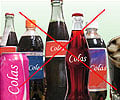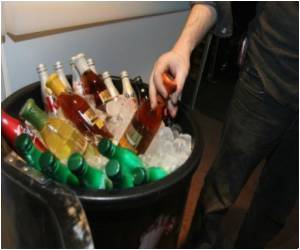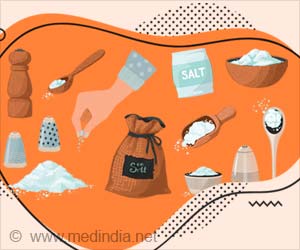Artificially sweetened beverages contain artificial sweeteners instead of sugar are are claimed to be healthier though there is no evidence of its benefits.
Highlights
- Sugar-free drinks may be no better for weight loss or preventing weight gain.
- Artificially-sweetened beverages (ASB) are often known as diet versions of soft drinks and are preferred as a healthier option.
- There is no solid evidence to support the claims that ASB are any better for health or prevent obesity and obesity related diseases such as type 2 diabetes.
On the other hand, artificially-sweetened beverages (ASBs) are alternatives to full-sugared drinks. They contain no sugar and are sweetened with artificial sweeteners instead. ASBs are often known as "diet" versions of soft drinks, and may be perceived by consumers as the healthier option for those who want to lose weight or reduce their sugar intake. However, there is no solid evidence to support the claims that they are any better for health or prevent obesity and obesity related diseases such as type 2 diabetes.
Professor Christopher Millett, senior investigator from Imperial's School of Public Health, said "A common perception, which may be influenced by industry marketing, is that because‘diet' drinks have no sugar, they must be healthier and aid weight loss when used as a substitute for full sugar versions. However we found no solid evidence to support this."
ASBs currently comprise a quarter of the global sweetened beverages market, but they are not taxed or regulated to the same extent as SSBs - perhaps due to their perceived harmlessness, say the researchers.
Professor Carlos Monteiro, co-author from the University of Sao Paulo, said: "Taxes and regulation on SBS and not ASBs will ultimately promote the consumption of diet drinks rather than plain water - the desirable source of hydration for everyone."
Professor Millett and colleagues outlined current evidence of the health effects of consuming ASBs. Although there was no direct evidence for a role of ASBs in weight gain, they found that there was no evidence that ASBs aid weight loss or prevent weight gain compared with the full sugar versions.
Dr Maria Carolina Borges, first author of the study from the Federal University of Pelotas in Brazil added, "The lack of solid evidence on the health effects of ASBs and the potential influence of bias from industry funded studies should be taken seriously when discussing whether ASBs are adequate alternatives to SSBs."
The authors added, "Far from helping to solve the global obesity crisis, ASBs may be contributing to the problem and should not be promoted as part of a healthy diet."
Reference
- Professor Christopher Millett, Sugar-free and 'diet' drinks no better for healthy weight than full sugar drinks, PLOS Medicine (2016).
- Mark A. Pereira, Sugar-Sweetened and Artificially-Sweetened Beverages in Relation to Obesity Risk, Advances in Nutrition(2014), doi: 10.3945/an.114.007062.
Source-Medindia












